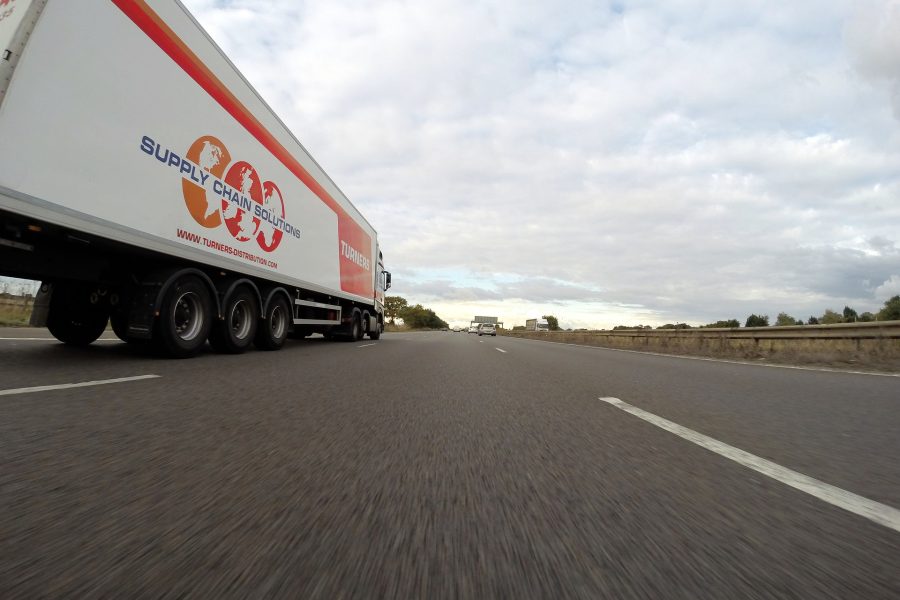This week, President Joe Biden announced that California ports will operate non-stop to relieve the container ship bottleneck. Major companies like FedEx, UPS, Walmart, and The Home Depot, among others, also announced they will expand their hours unloading shipments at ports. I always thought that the doom and gloom of serious supply chain issues was more dramatic than anything. Now, I am not so sure.
Biden and John Paracari, the “Ports Envoy” for the Supply Chain Disruptions Task Force, announced that the International Longshore and Warehouse Union will work 24/7 (literally) at the Ports of Long Beach and Los Angeles in partnership with major shippers and retailers to help reduce the shipping backlog.
Both ports account for 40 percent of all shipping containers entering the United States.
As of the middle of October, 64 ships are docked at the Ports of Long Beach and Los Angeles and another 80 are waiting to dock, according to U.S. News and World Report. If you think that sounds like a lot of goods, it is.
The largest shipping vessel in operation today could carry enough goods to almost fill up the Empire State Building. Most shipping containers come in 20- and 40-foot, measured as a TEU or “Twenty-foot Equivalent Unit,” and can carry as many as 48,000 bananas or 12,000 boxes of shoes. An average cargo ship, running about 700 feet long, can carry 1,000 40-foot containers.
Assume all 80 cargo ships waiting at the California ports are fully loaded with 40-foot containers and you begin to see the sheer volume of goods sitting idle.
Biden needs Ted Lasso-type enthusiasm to not see the impending supply-chain disaster for what it is.
There are a number of different components that could come together to stifle, slow, and complicate the current American supply chain system and American access to basic goods.
One is the cost of shipping has skyrocketed. Fox Business recently reported that the cost to ship between the United States and China has increased to a median of $20,586, twice what it cost at the beginning of 2021.
Second is the price of crude oil. It’s hitting multi-year peaks and as oil prices surge due to energy demand from airports and travel. In America, the national average for gasoline is at a seven-year high when, as noted by CNN, prices usually go down during this time of year. In places like the United Kingdom, there are fuel, or “petrol” shortages, long-lines for gas, and panic buying that is causing local shortages.
Third, and most importantly, Biden cannot do anything about where our goods come from. If countries in Southeast Asia are impacted by COVID, there won’t be any goods produced to ship in shipping containers and through ports.
This is playing out now. Some of the largest ports in China and hundreds of factories in Vietnam were closed in September due to COVID-19 delta variant restrictions. What happens if a new variant or second wave of COVID forces Vietnam factories and Chinese ports closed again?
Consumers are already experiencing a 5.4 percent climb in prices from a year ago, according to the U.S. Bureau of Labor Statistics. With consumer goods – everything from a Christmas presents to appliances – stuck at ports, a shortage of goods means more price increases or shortages.
Despite the doom and gloom, White House officials are putting on a brave face. One told Reuters, “We recognize that it has pinched families who are trying to get back to some semblance of normalcy as we move into the later stages of the pandemic[.]” The Biden administration’s Supply Chain Disruptions Task Force even released a report this summer addressing vulnerabilities in industries like semiconductors, batter capacity, minerals, and pharmaceuticals.
Unfortunately, they forgot about problems with consumer goods. It now takes 180 days to get new appliances, Costco is rationing toilet paper, and certain cabinet officials and the White House are urging you to shop for Christmas gifts now before there are shortages.
I don’t think Christmas will be canceled. But Biden and his team have a looming public and economic fiasco on their plates.
The actions they’ve taken this week will show us whether enough has been done to restore consumer confidence, and get goods back on the shelves, or if the White House will get a lump of coal this December.
Evan Harris is the media relations and outreach manager at PRI.


